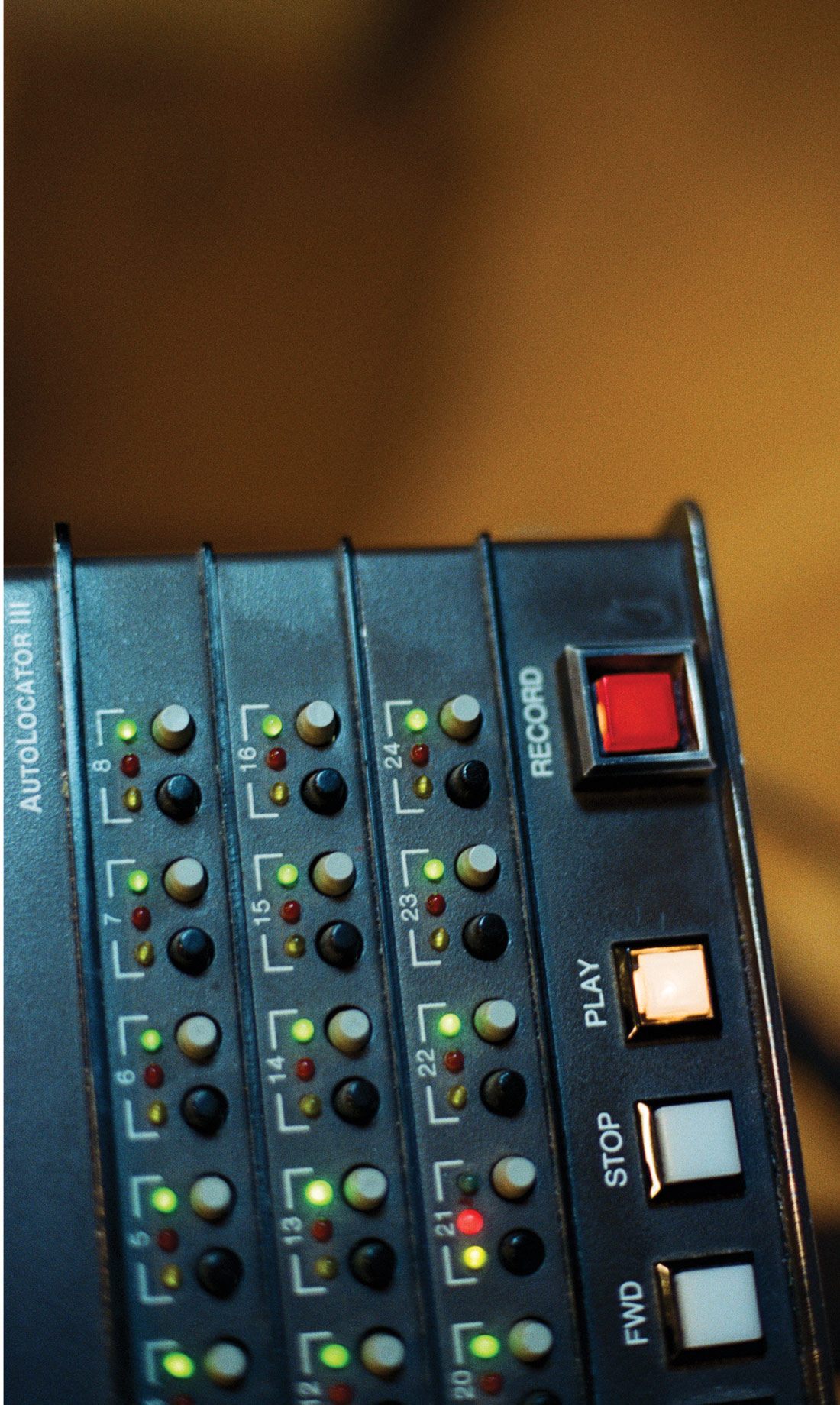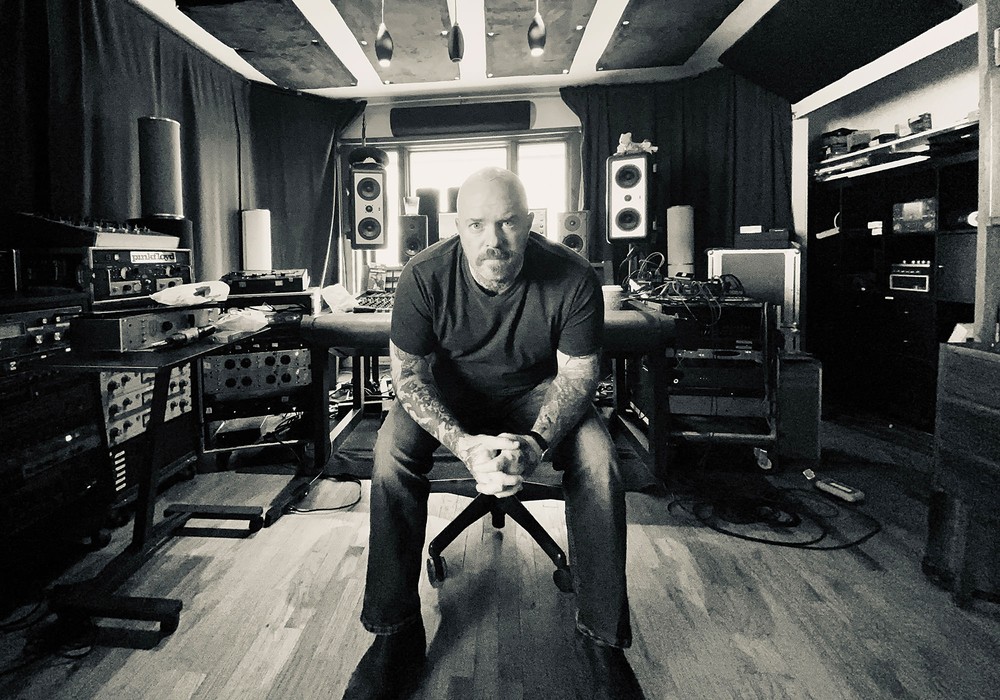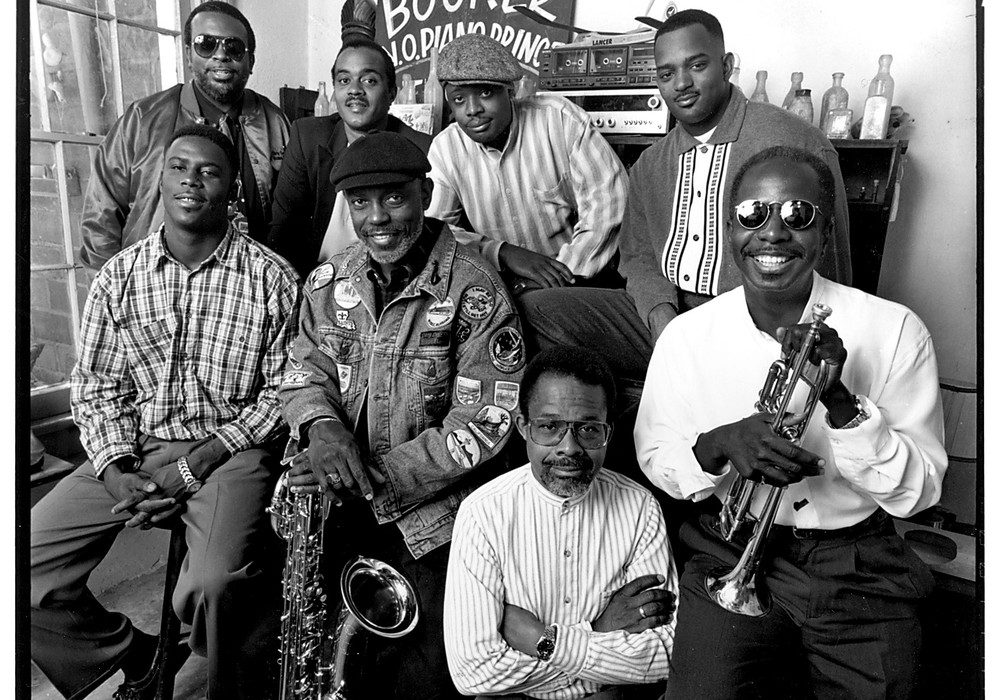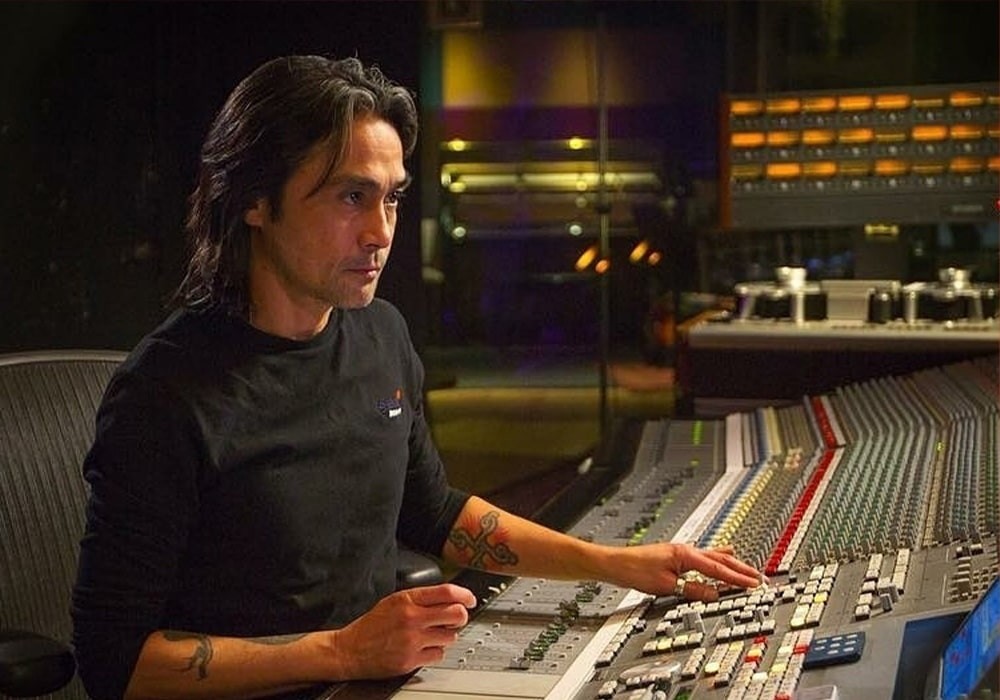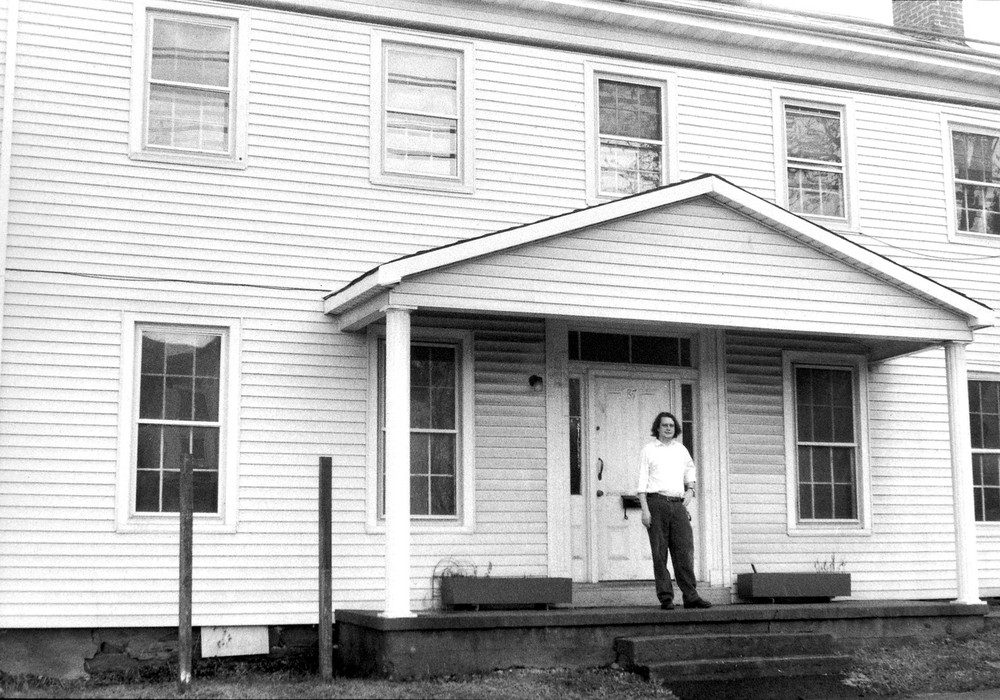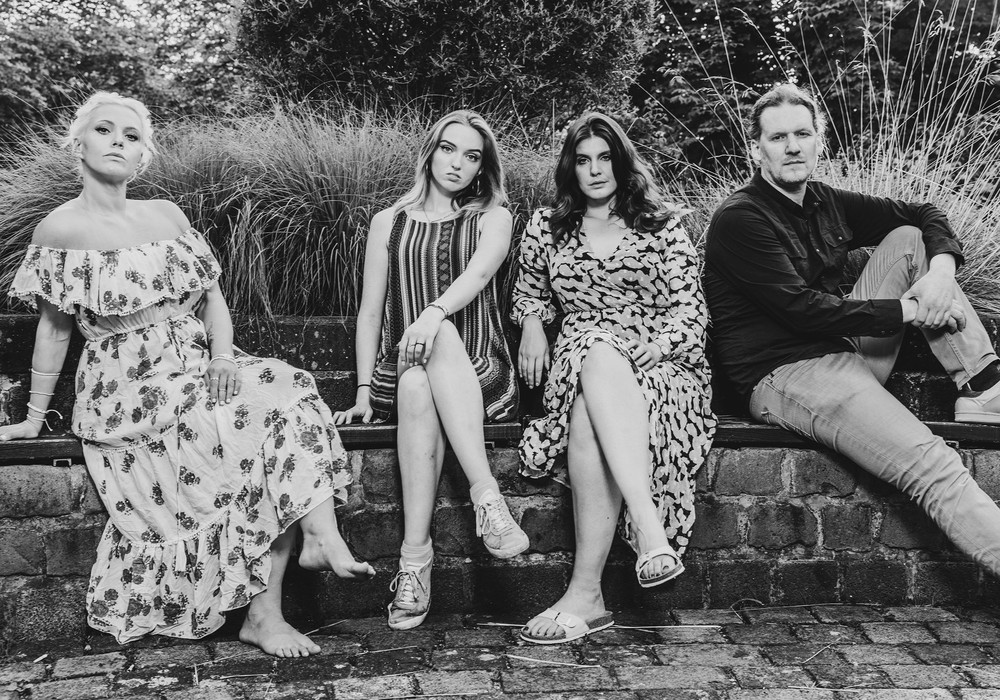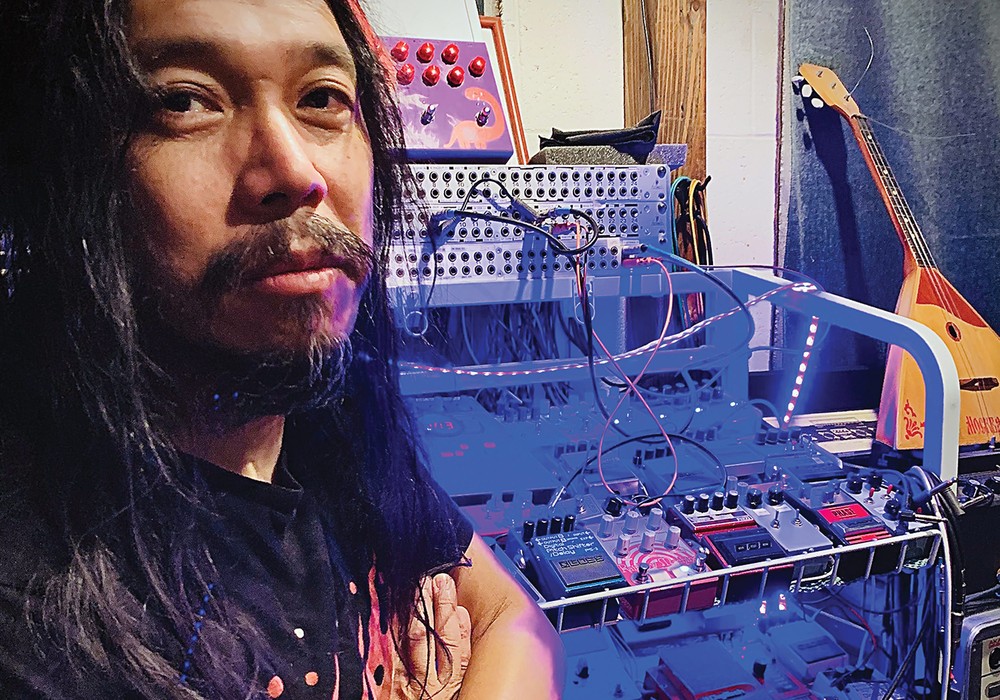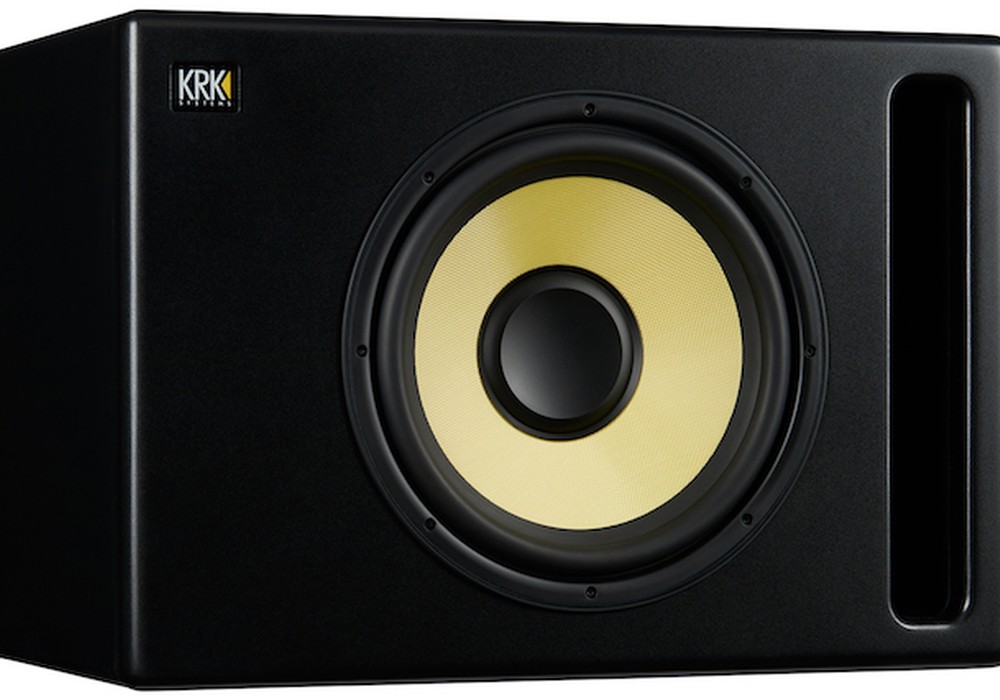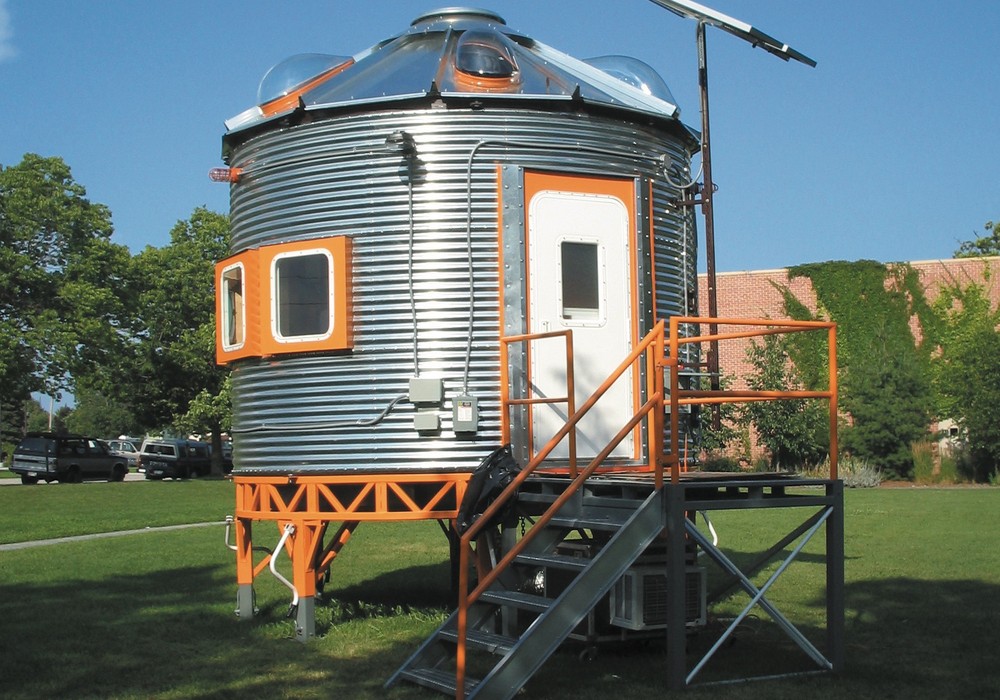Gurf Morlix likes to produce, engineer, perform, write and even just plain talk about music. It might sound hackneyed to say, but music is his life's blood, the passion that drives his spirit. Born in 1951 in Buffalo, NY, Morlix decided to become a musician exactly one day after watching The Beatles on The Ed Sullivan Show. When he got the chance, he moved to Austin, Texas, in 1975 to pursue his dream, and then made the jump to Los Angeles in 1981. After 10 years in L.A., he brought his well-honed skills and his sterling reputation back to Austin when he realized he could operate from the "Live Music Capital of the World" and still maintain a national presence. Along the way he's shared stage and studio with a wide variety of talented luminaries including Warren Zevon, Ray Wylie Hubbard, Jerry Lee Lewis, Peter Case, Mojo Nixon, Michael Penn, Jimmy LaFave and many other artists. Morlix was shot out of a cannon with his first record production credit in 1988, thanks to the release of singer-songwriter Lucinda Williams' self-titled third album, which included the hit single, "Changed the Locks" and "Passionate Kisses." The success of that seminal work created a demand for his recording skills that continues to this day. Besides making records for others, he's also engineered, produced and released five of his own solo albums: Toad of Titicaca, Fishin' In The Muddy, Cut 'n Shoot, Diamonds To Dust and his brand new record, Birth To Boneyard, the instrumental companion piece to Diamonds To Dust. Morlix prefers to keep things simple and work as inexpensively as possible. Even though he's produced records in lavish, modernly equipped studios for major labels, he's much more comfortable creating in his home studio where he's worked exclusively the past eight years. The Morlix sound is sensible and economical. He'll do whatever it takes to get a great track, but he's not going to rent a Telefunken Ela M 251 when a Neumann U87 will do just as well. He prefers to use the right tool for the right job — no gear for gear's sake posturing here — and his secret weapons in the studio tend to be the musicians themselves, rather than vintage compressors or jury-rigged mic chains. Call him the people's producer — he sounds like one of us.
How did you first get into recording?
I was always the guy in the band that had a tape recorder or had access to one and knew how to use it. My first recorder was some kind of 2-track, reel-to-reel thing.
Reel-to-reel? That's impressive.
I got a TEAC 3340 when those came out and I thought, "Great! I've jumped to four tracks now." They were great. Actually they were horrible, but they were really fun.
Was this in the '70s?
Late '60s, early '70s was when I got the 3340.
Did you have some sort of mentor or an apprenticeship with any studio?
Naw, I just figured this stuff out for myself. I didn't even have the luxury of thinking about whom I'd like to be like — I was just out there by myself.
What equipment are you using now in your home studio?
I'm recording to the Alesis HD24 hard disc recorder. I think it's great. It's pretty much like a tape recorder, so I'm not using computers or Pro Tools, just the Alesis and a Yamaha digital board. Part of my whole deal is to keep it as simple as possible. My goal was to make great records as cheaply as possible.
Why don't you use Pro Tools and computers?
I figured I'd have to go back to college to learn how to use all that stuff. I never had the two or three months or whatever time it would take to learn it. I was recording on ADATs after I moved out of tape and I thought they sounded great. But the guy who worked on my ADATs told me, "I'm not going to be able to work on these anymore because I won't be able to get parts for them. I strongly suggest you find something else." So I looked around and I thought, well the Alesis hard disc recorder sounds good. It's a tape recorder basically, and I like pressing play and record at the same time. It was simple to use and much cheaper than a Pro Tools rig.
That is a pretty inexpensive setup, but you have spent some money on outboard gear over the years. What are some of your favorite mics, preamps and compressors?
If I was on an island and had an HD24 and needed a microphone — well, I like those Neumann microphones. I've got a U47 that sounds just fantastic. I've got an M147 that sounds fantastic, too.
So you like the new Neumanns as well as the vintage ones?
Almost. You can't touch a U47 as far as I'm concerned, but the new mics are pretty close.
What about preamps?
When I started making records at my house I just had two, a couple of Avalon VT-737s. I like the 737. It's a preamp, EQ and compressor combined and they work great. That's all I used for a few records and then I decided I wanted a few more channels — I wanted to cover everything that might be going down live. So I bought some Brent Averill Neves and Brent Averill APIs and those things are great. Then I bought a couple of Telefunken V76s, and they're great too. That said, I could live without all this stuff. After I got all this gear I noticed that whenever it came time to do a part I had to decide which of these preamps to use with what mics, and what guitar amps to use with what guitars. When I started out I was just using the Avalons, so my decision was already made, but the end result still sounded great. These preamps and compressors all have different colors and slightly different little sounds, so certain ones are better for certain things. But if you're going to keep it simple you don't need to get bogged down with all of that. You can do it with two Avalon 737s or two of any preamp you can get your hands on. It doesn't really matter what brand it is, as long as you think it sounds good.
What about compressors? I heard you really like that UA 2-1176.
I've got that dual 1176 and I love it....
